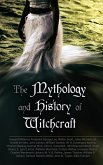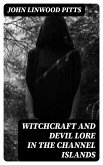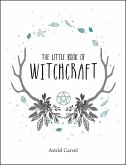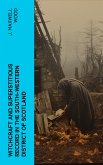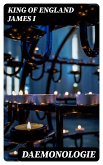In 'The Book of Witchcraft,' the reader is plunged into a rich tapestry of myths, historical accounts, and supernatural lore. The anthology spans a wide range of literary styles from incisive essays to evocative narratives, encapsulating the multifaceted domain of witchcraft. This comprehensive collection draws from rich historical sources and cultural tales, painting a vivid panorama of the beliefs and superstitions that have surrounded witchcraft throughout the ages. Standout pieces explore themes of mystery and fear, the transformative power of the unknown, and society's complex relationship with the supernatural, providing a profound insight into the age-old fascination with witchcraft. The anthology is curated from the writings of diverse authors ranging from Bram Stoker and Walter Scott to John M. Taylor and E. Lynn Linton, whose backgrounds span the Gothic, historical, and supernatural literary movements. United by a common thread, these authors' works reflect the evolving perception of witchcraft through various cultural lenses and historical periods. Through their varied perspectives, the collection aligns with both enlightenment rationalism and medieval superstition, inviting readers to consider the interplay between belief and evidence within the theme of witchcraft. 'WThe Book of Witchcraft' offers a unique opportunity to immerse oneself in an eclectic mix of perspectives and styles, making it an essential read for those keen on exploring the cultural and historical dimensions of witchcraft. The anthology encourages an engaging dialogue between the included works, making it as much an educational journey as it is a literary exploration. Students, enthusiasts, and scholars alike will find immense educational value and breadth of insight within its pages, fostering a greater understanding of humanity's enduring intrigue with the mystical and the macabre.
Dieser Download kann aus rechtlichen Gründen nur mit Rechnungsadresse in A, B, BG, CY, CZ, D, DK, EW, FIN, F, GR, H, IRL, I, LT, L, LR, M, NL, PL, P, R, S, SLO, SK ausgeliefert werden.



